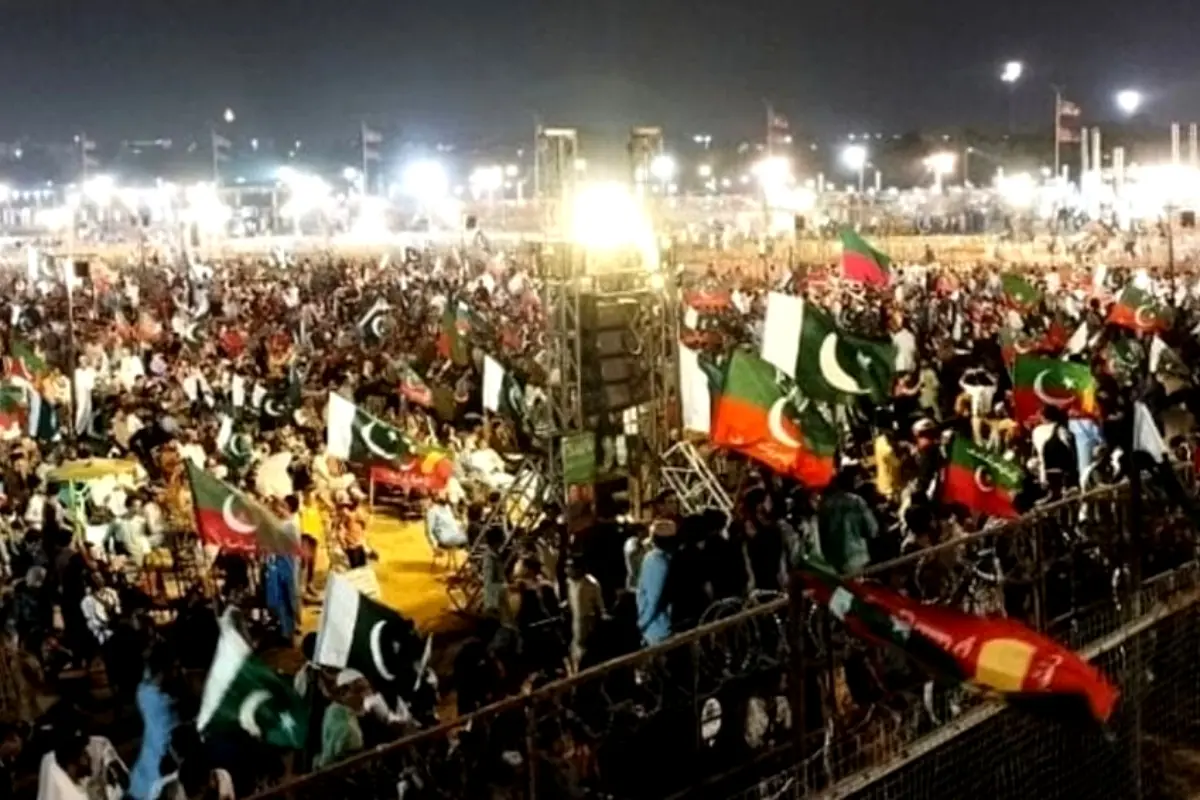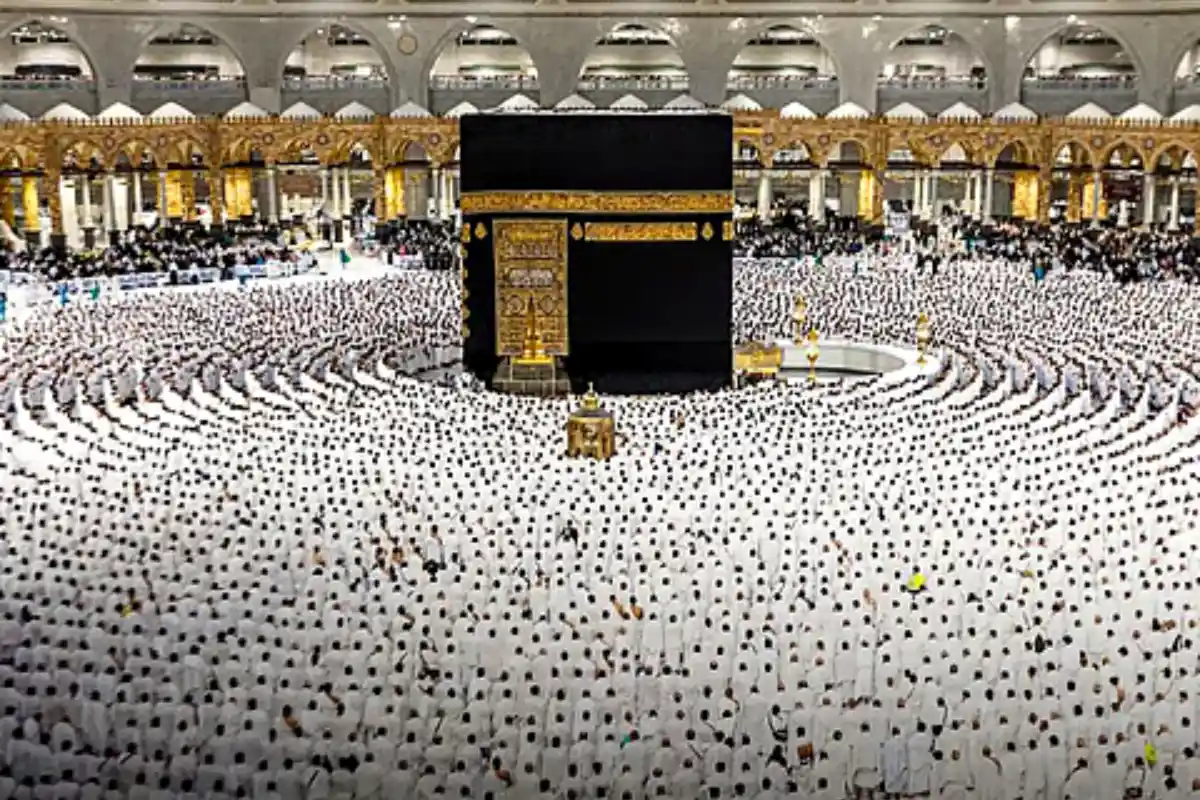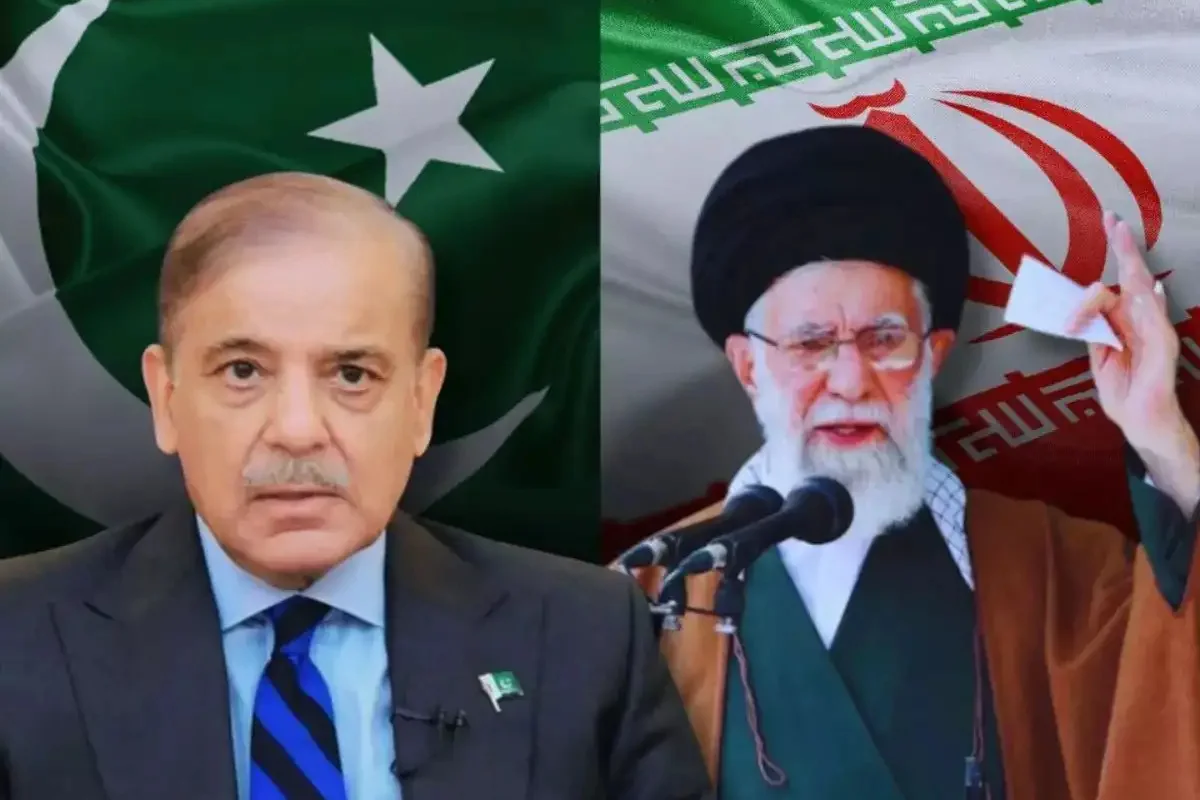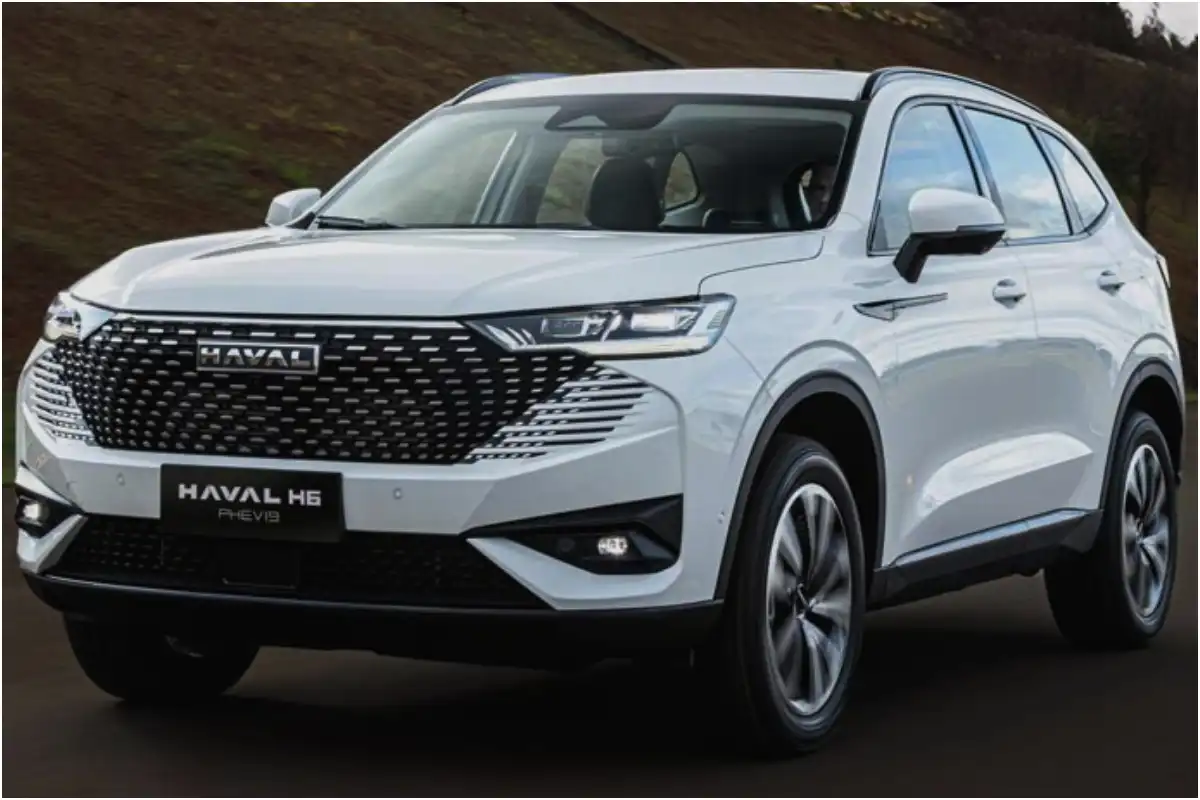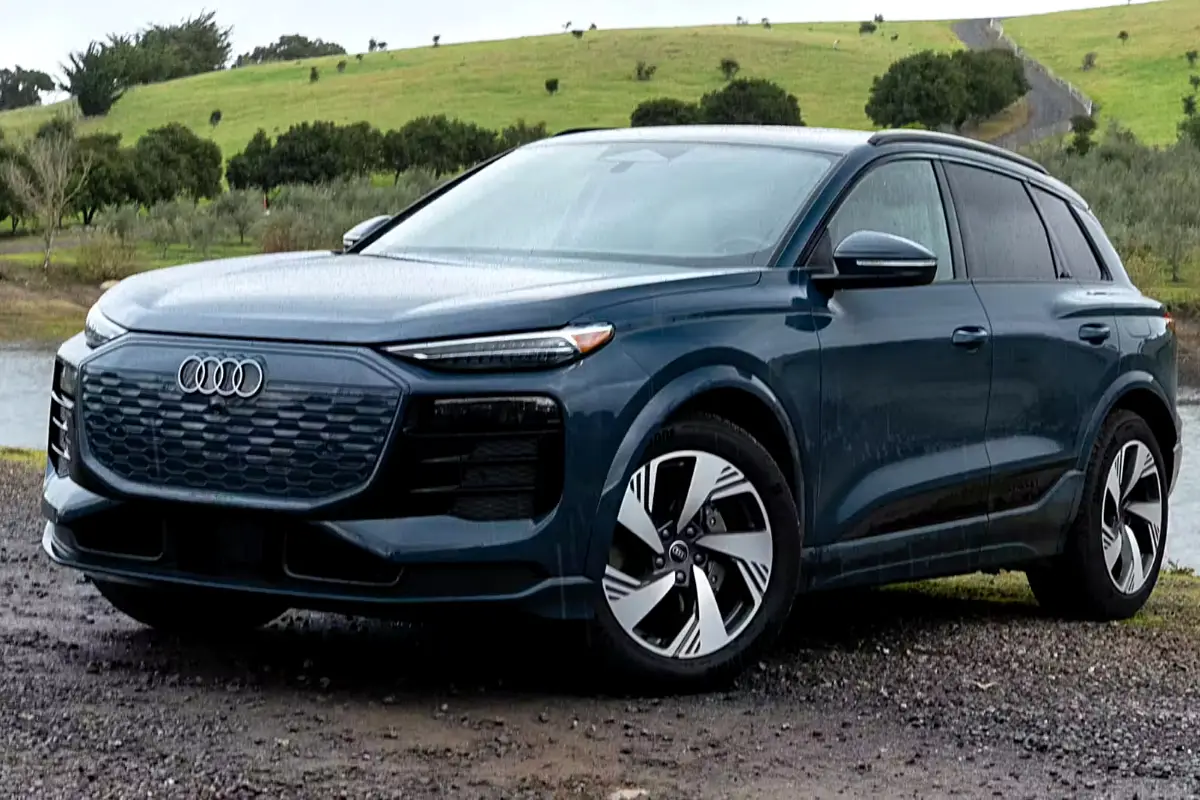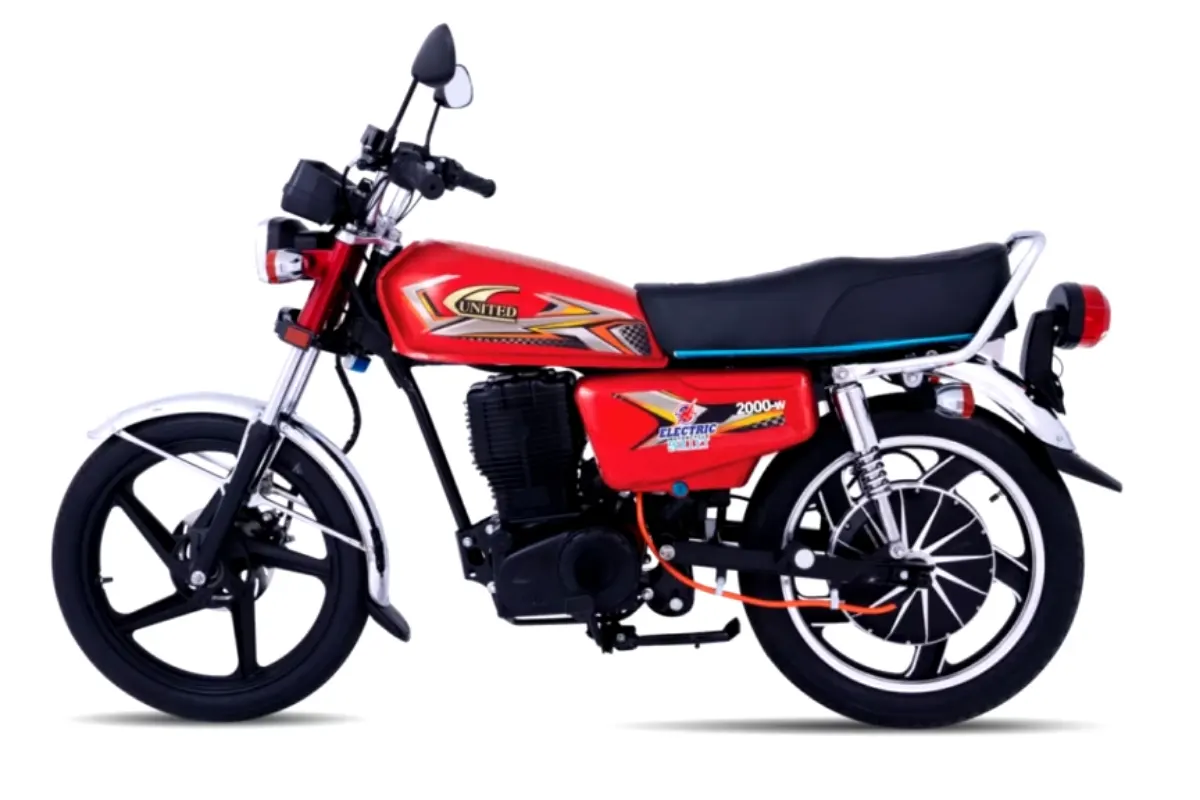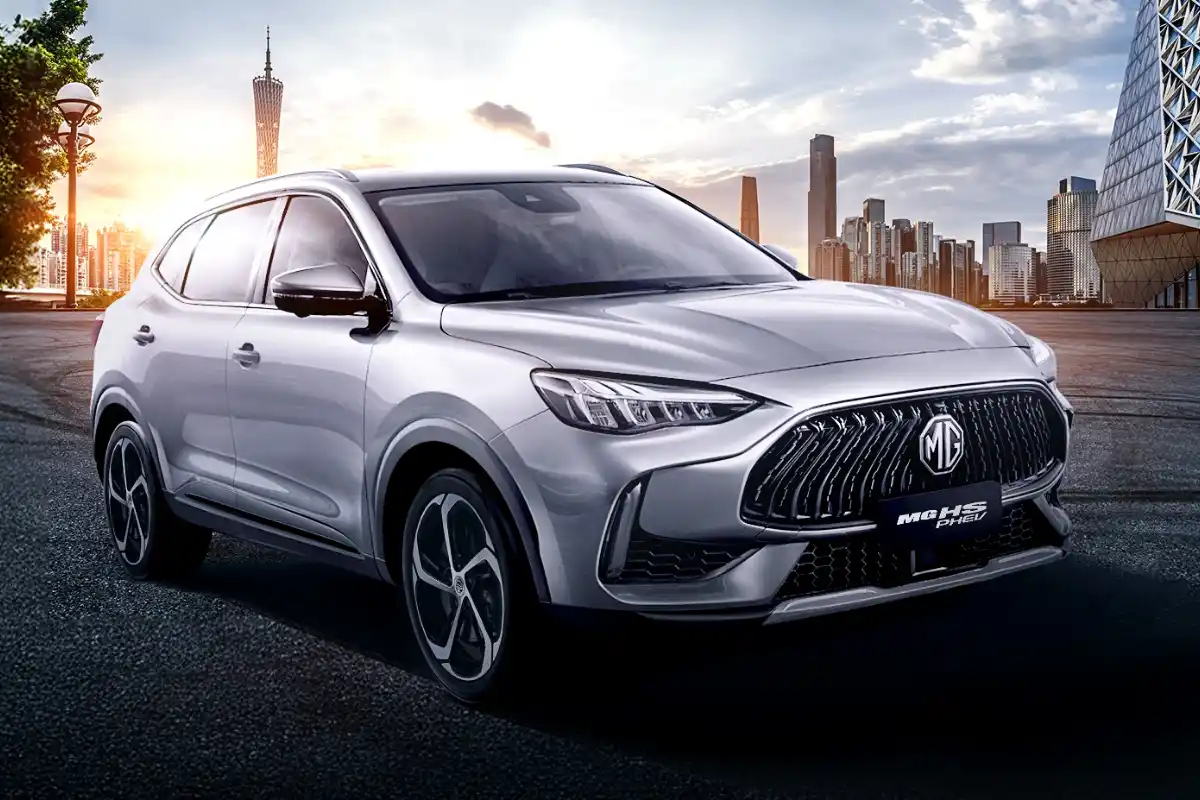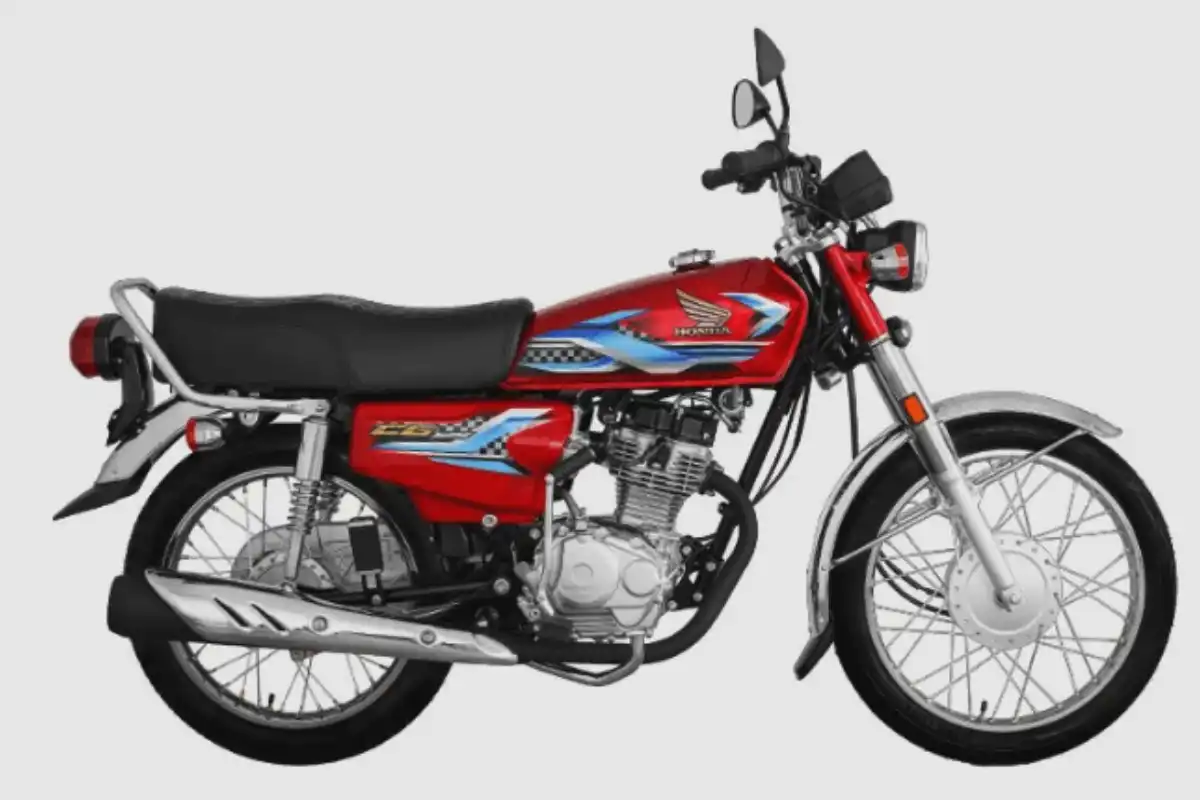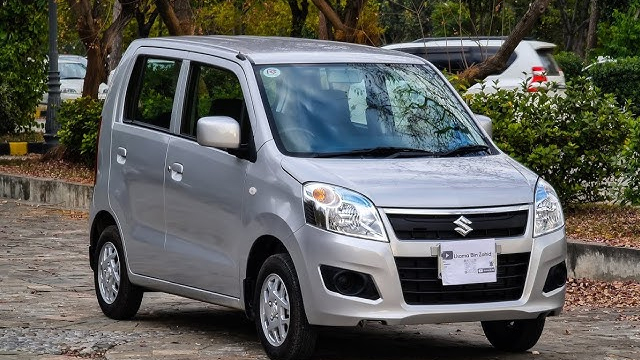Car Prices in Pakistan likely to drop in New Fiscal Year
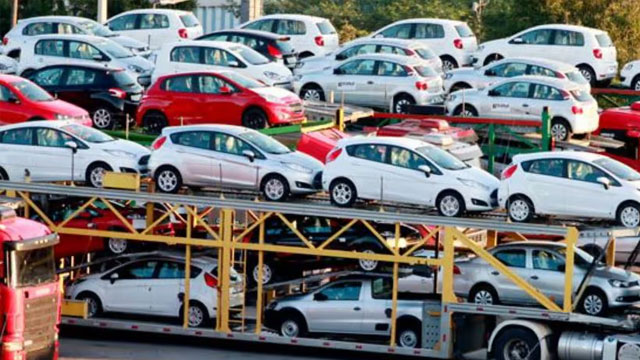
Car Prices in Pakistan likely to drop
ISLAMABAD – Pakistan’s automotive industry remains in a precarious position, with vehicle prices soaring to unprecedented levels. However, relief may be on the horizon in the upcoming fiscal year as the government moves to ease tariffs on the auto sector.
This shift aligns with an ambitious trade liberalization initiative, reportedly being pursued under the directives of the International Monetary Fund (IMF). Under this framework, the average import tariff is set to be slashed by one-third over the next five years, a measure expected to make automobiles more affordable for Pakistani consumers.
Historically, Pakistan’s automobile market has been shielded by steep import duties, effectively insulating local manufacturers from foreign competition. However, the new policy will bring the sector’s average tariff down to just 5.6% by 2030, significantly lowering production costs and, in turn, retail prices for consumers.
Reports indicate that this tariff reduction will inject greater competition into the market, compelling manufacturers to enhance efficiency while providing consumers with more options at competitive prices. Moreover, as protective barriers diminish, domestic automakers will be pushed to compete on an international scale, strengthening the industry’s global standing.
This tariff revision is part of a broader economic overhaul aimed at increasing Pakistan’s openness to global markets. The initiative, developed in consultation with the IMF, underscores the government’s commitment to fostering a more dynamic and competitive economic environment.
The planned reductions are scheduled to commence in July 2025, with the new National Tariff Policy expected to receive federal cabinet approval by June 2025. Furthermore, the government has outlined plans to overhaul auto sector development and export strategies beginning in 2026 to ensure sustained industry growth despite the lowered tariff protections.
With these reforms, prospective car buyers may witness a noticeable decline in vehicle prices, making automobiles more attainable for a larger segment of the population.
Pakistan’s auto industry has long relied on tariff protections, but this shift toward market-driven competition mirrors global trends. The broader economic agenda includes a projected increase in exports and an annual growth forecast of 4.6%, bolstered by these trade liberalization measures.
By 2030, Pakistan envisions a robust, competitive automotive sector that not only delivers cost-effective vehicles to consumers but also attracts greater investment from international automakers, transforming the country into a key player in the global automobile market.
Catch all the Automobile News, Breaking News Event and Trending News Updates on GTV News
Join Our Whatsapp Channel GTV Whatsapp Official Channel to get the Daily News Update & Follow us on Google News.


